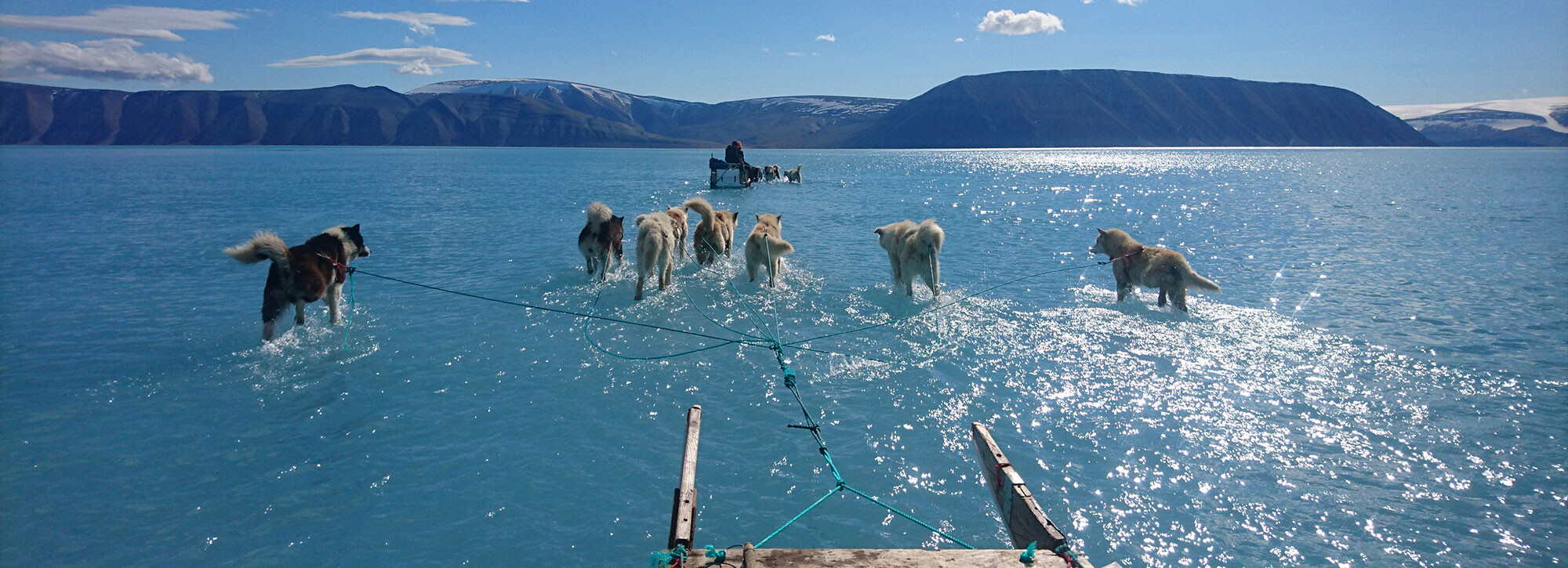The Law, Environment & Animals Program (LEAP) at Yale Law School is a multidisciplinary think-and-do tank dedicated to empowering scholars and students to produce positive legal and political change for animals, people, and the environment upon which they depend.
LEAP works to draw the attention of leading thinkers and doers to the deep questions of conscience and law raised by human-animal relationships and industrial abuses of animals and ecosystems. To this end, LEAP leads and coordinates a diverse program of activities that serve students and scholars at Yale and that contribute to expanding and advancing the fields of environmental and animal law. LEAP’s programming includes: academic and experiential courses; research initiatives; robust collaborations between faculty, students, and outside experts focused on advancing strategies to address the multiple externalized costs of industrial animal agriculture, including and especially the sector’s contributions to climate change; a Student Fellows program and active support for student research projects and publications; and regular lectures, panels, and events that bring leading thinkers — lawmakers, scholars, artists, scientists, advocates, and journalists — to Yale’s campus to inspire, enrich, and inform the Program’s work. The Program’s work is highly interdisciplinary, and we often partner with schools, departments, and other centers and programs across Yale University and beyond.
